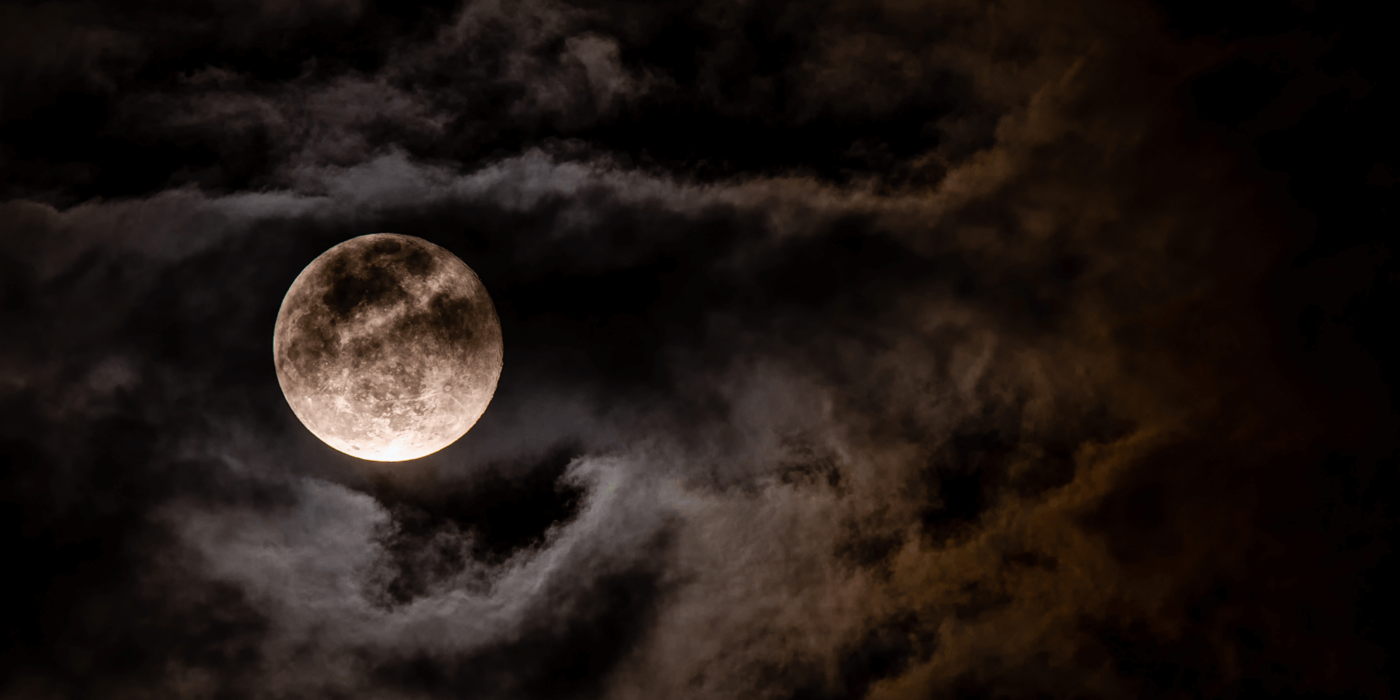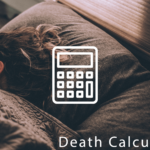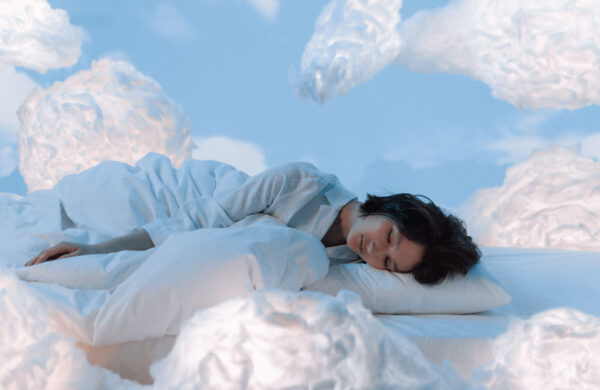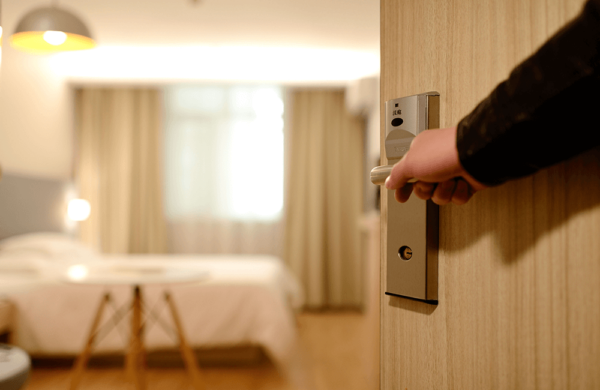Why Can’t I Sleep During a Full Moon? Spiritual Meaning
Have you ever experienced difficulty sleeping during a full moon? It’s not uncommon to feel restless or have trouble falling asleep when the moon is at its fullest.
While many people attribute this phenomenon to spiritual or mystical reasons, there are also scientific explanations for why a full moon might interfere with our sleep.
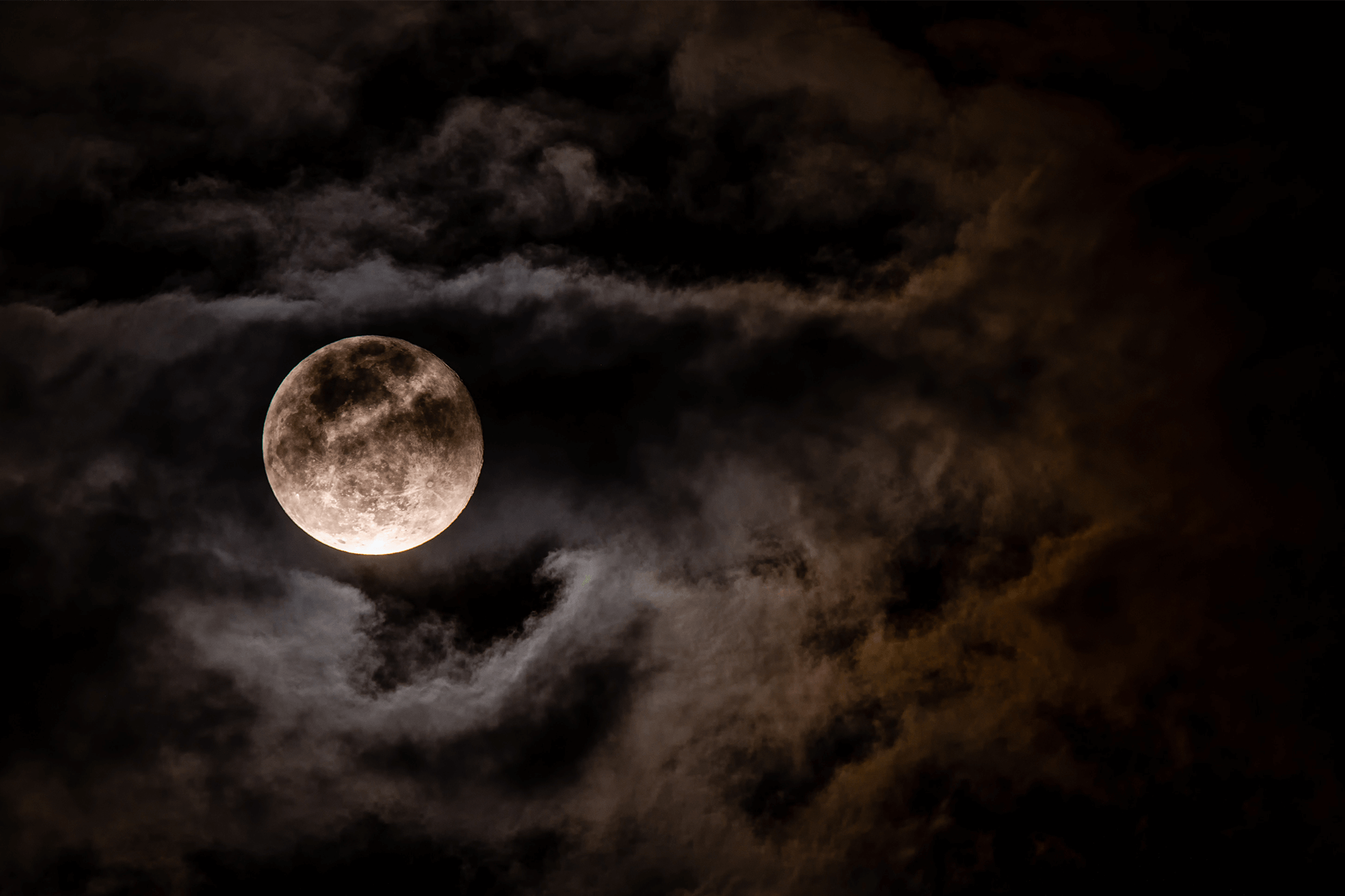
Spiritual Meaning of Not Sleeping During a Full Moon
In spiritual and metaphysical circles, the full moon is believed to be a time of heightened energy and spiritual activity.
In some ways, it may be a good time to get productive & make positive changes with your life, although we always encourage you to try and get your rest.
Some people believe that the moon’s energy can affect our own energy and emotions, causing restlessness, anxiety, or even insomnia.
Others believe that a full moon is a time of release and purification, and that our bodies may be trying to release negative energy or emotions during this time.
This is partly due to the idea that the moon keeping you awake means that your past is trying to haunt you, meaning that you need to look deep inside to help you heal & forgive yourself for any past traumas & events.
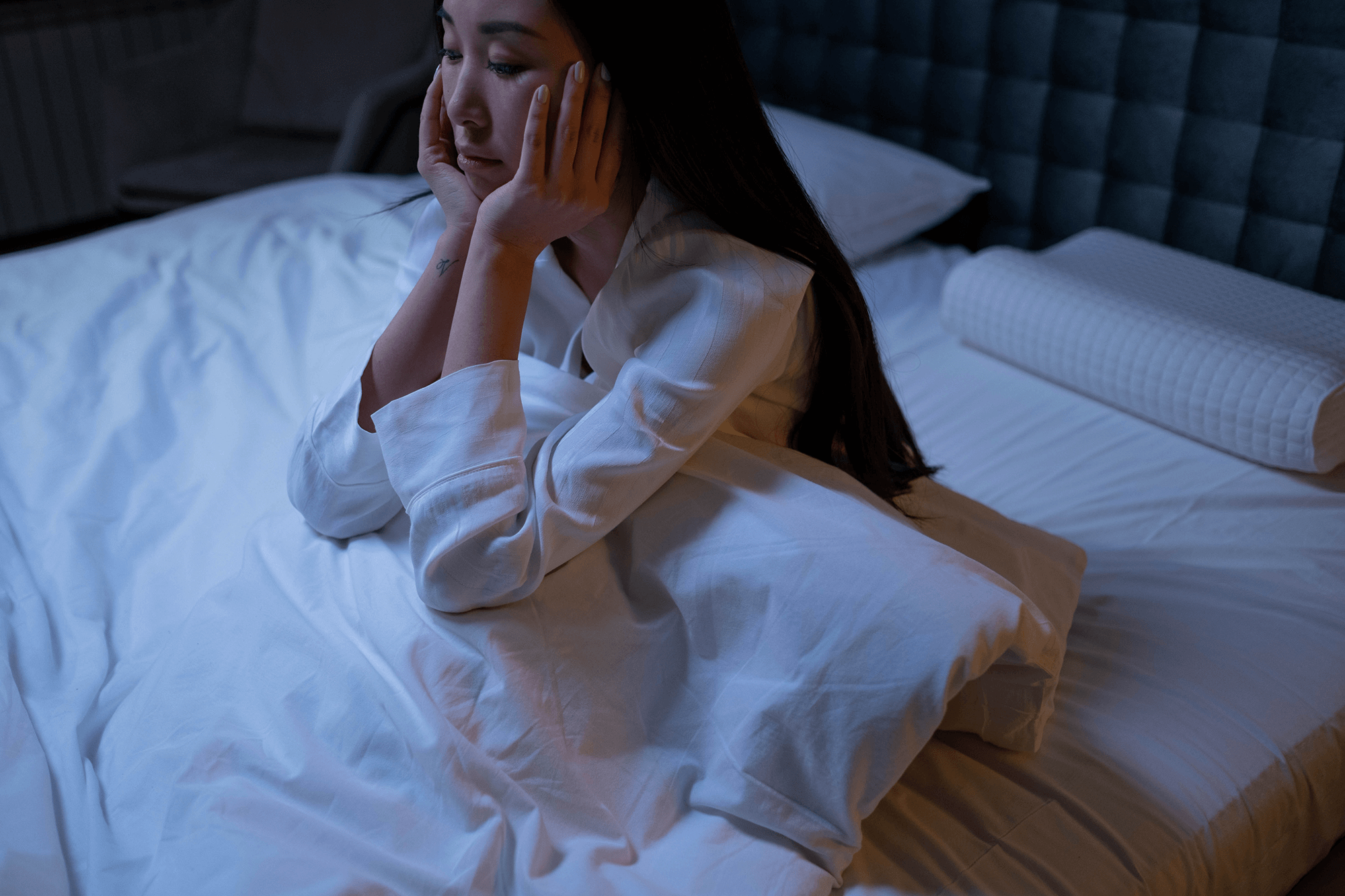
Scientific Explanations for Not Sleeping During a Full Moon
While the spiritual explanations for not sleeping during a full moon are intriguing, there are also scientific reasons why the moon might interfere with our sleep.
One theory is that the moon’s bright light can affect our circadian rhythm, which is the body’s natural sleep-wake cycle.
When the moon is full, its reflection of sunlight can be strong enough to trick our bodies into thinking it’s daytime, which can interfere with our production of melatonin, the hormone that regulates our sleep.
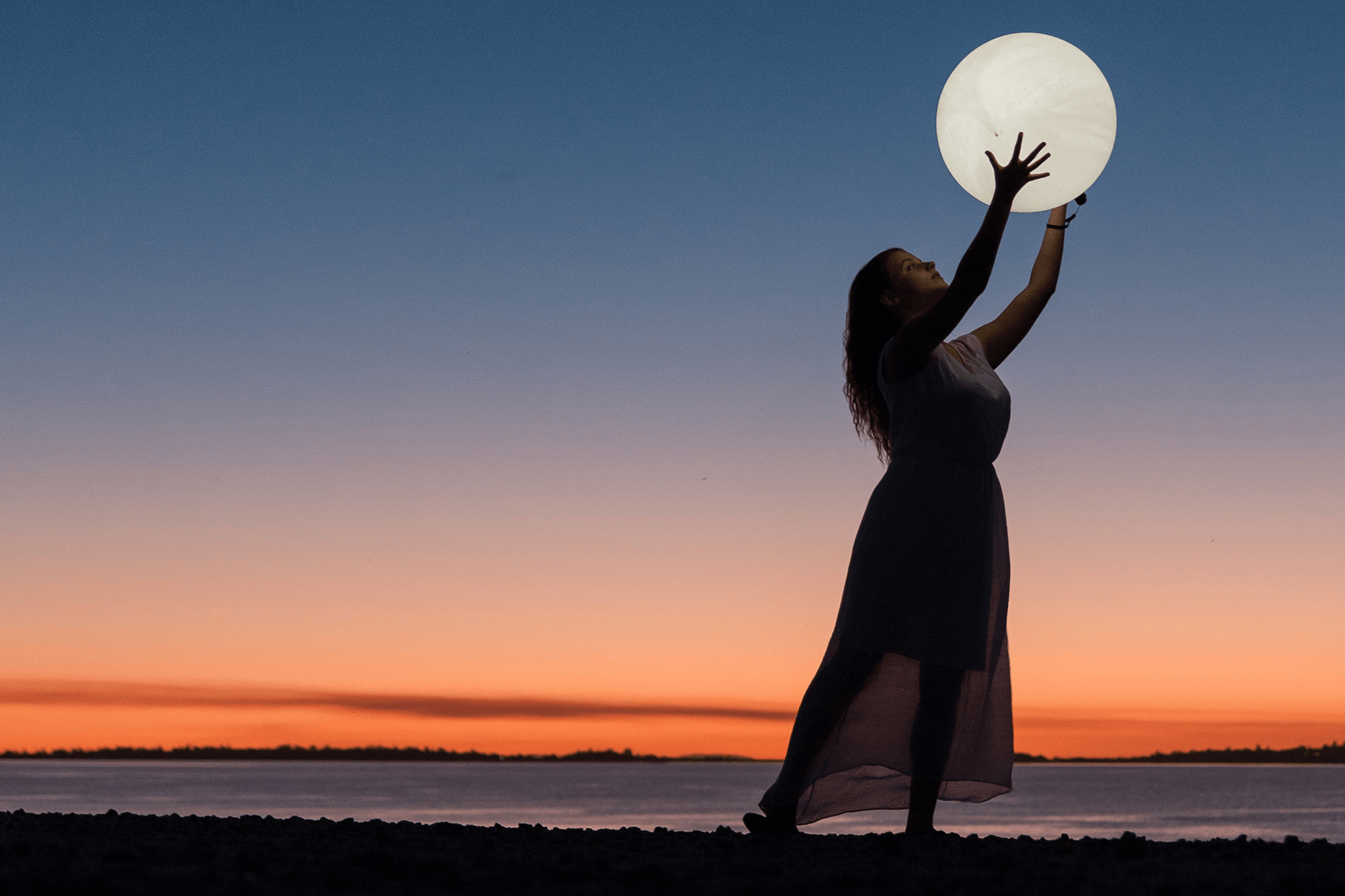
What is Melatonin?
Melatonin is a hormone produced by the pineal gland in the brain, which helps to regulate our sleep-wake cycle.
Melatonin production is stimulated by darkness and suppressed by light, so when we’re exposed to bright light (like the light from a full moon), it can interfere with our natural melatonin production and make it harder to fall & stay asleep.
Another scientific explanation for why the full moon might affect our sleep has to do with blue light.
Blue light is a type of light that is emitted by electronic devices like smartphones and tablets, as well as by some light bulbs.
Exposure to blue light at night can interfere with our production of melatonin and disrupt our sleep.
When the moon is full, it reflects more blue light than usual, which could contribute to our difficulty sleeping.

Tips for Better Sleep During a Full Moon
If you’re struggling to sleep during a full moon, there are a few things you can try to improve your sleep quality:
- Use a 3D Sleep Mask to block out any excess light that might be coming in through your windows.
- Make sure your blinds are fully shut to block out any moonlight.
- Take supplements like magnesium glycinate, which can help promote natural melatonin production and improve sleep quality.
- Try a magnesium flake bath or a lavender epsom salt bath before bed, as both can help promote relaxation and better sleep.
- Keep your room cool (around 18.3 degrees Celsuis) to help you stay in a deeper sleep.
- Use Sleep Patches to help keep you in a deeper sleep while it is a full moon.
In conclusion, while the full moon has long been associated with mystery and mysticism, there are also scientific reasons why it might interfere with our sleep.
Whether you choose to approach the full moon from a spiritual or a scientific perspective, the important thing is to take care of yourself and prioritise getting the rest you need to feel your best.

